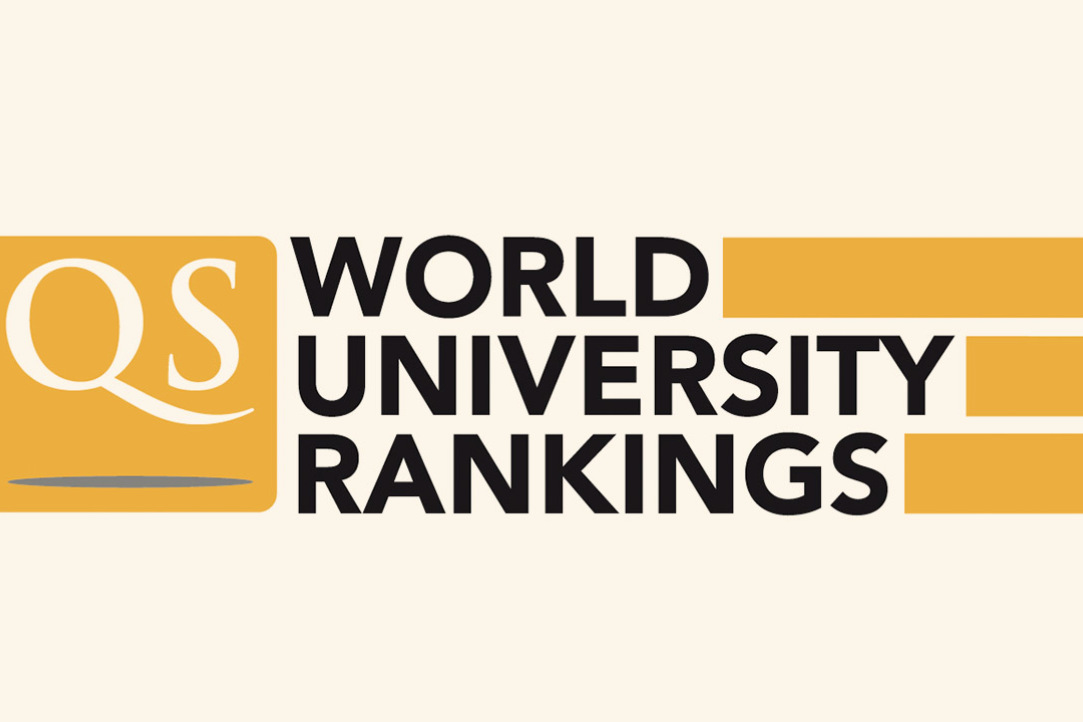
HSE University Center for Language and Brain Becomes World Leader in Just 10 Years
How can a small Russian research group become a world-famous scientific centre in less than a decade? A special edition of the Frontiers in Psychologyjournal devoted to increasing public awareness of neuroscience features an article about the HSE University Center for Language and Brain, including the successes and challenges of its early years.

HSE Art and Design School Hosts Stand at Young Contemporary Art Fair
Visitors to the blazar art fair—the first major art event of autumn 2021—had the chance to visit the HSE Art and Design School stand to see works by Aleksandra Walz, Katerina Egorova, Polina Shilkinite, and Andrey Valmus. Another six HSE students and graduates took part as independent artists in the fair, which ran from September 8–12.

Universities’ Pandemic Experience to Be Studied at the International Level
Russian and international researchers should intensify their joint efforts to analyze the changes in higher education over the past year and a half. Speaking at a round table held in the International Multimedia Centre of the Rossiya Segodnya (Russia Today) news agency, HSE Rector Nikita Anisimov suggested that this work be done as part of the International Observatory for Higher Education Transformations—a global research programme launched by HSE University and the Polytechnic University of Milan.

Russian Museum of Ethnography to Hold Exhibition of Student Works
The Russian Museum of Ethnography and the HSE Art and Design School St. Petersburg will present an exhibition of works by the school’s students. The HSE OPEN DAYS: Poster, Sign, Book exhibition will run at the museum from September 15–26.

Researchers Discover How to Obtain ‘Ideal’ 3D Cell Cultures for Cancer Research
A group of scientists from Hungary, Russia and Finland have developed a system capable of selecting cancer cells of a specific shape and size—spheroids. SpheroidPicker, the first AI device of its kind, enables a more standardized approach to working with tumour samples. The results of the research have been published in the journal Scientific Reports. One of researchers who worked on the project is Nikita Moshkov, Junior Research Fellow of the Laboratory on AI for Computational Biology.

‘It Was Interesting to Showcase a Unique Student Project’
Held as part of the Second New Knowledge Marathon, the fourth HSE Science Battles attracted a wide audience. HSE Students Frol Sapronov, Marina Kasyulina, and Vsevolod Nikolsky took part in the competition’s new televised format to demonstrate how to talk about science vividly and in simple terms understandable to any audience.

The Fourth ICEF Conference on Applied Economics to Take Place on September 25
The Fourth ICEF Conference on Applied Economics will present the studies conducted by scholars at the universities across the world, that relate to education. We talked with Fabian Slonimczyk, an Associate Professor at ICEF and the conference organizing committee member, to learn more about the highlights of this year’s conference.

Five HSE University’s Master’s Programmes Consistently Appear in QS Business Masters Ranking
For the second year in a row, five HSE University master’s programmes have appeared in the QS Business Masters ranking. Moreover, the programmes in International Business and Financial Economics have improved their positions in the Top 100 of the ranking.
.jpg)
A ‘Digital Professor’ on How to Combine Education with Entertainment
Dr. Ger Graus, Global Director of Education at KidZania, is a visiting lecturer invited to work remotely with HSE University students. Last academic year, Dr. Graus conducted a series of seminars on ‘Schooling vs Education’ for students of the Master's programme in Educational Administration.

Summer School on Machine Learning in Bioinformatics Held at HSE University
The second international Summer School on Machine Learning in Bioinformatics took place on August 23–27. This year’s school featured 533 participants from 53 countries.


Application deadline: June 23, 2025